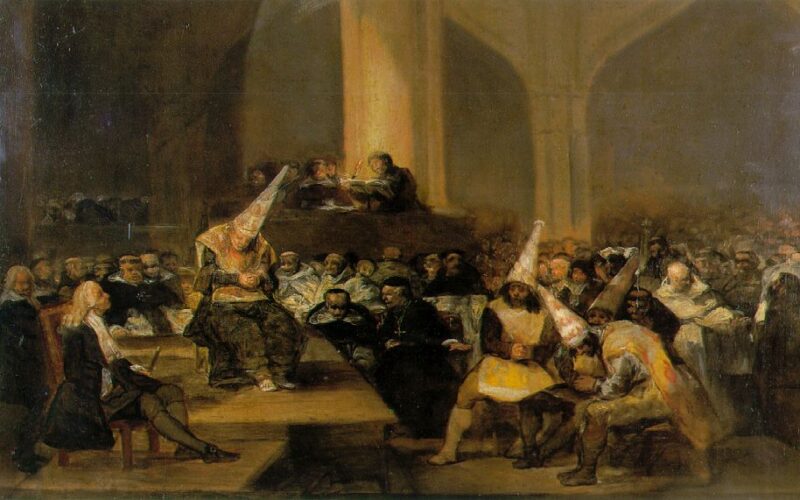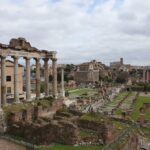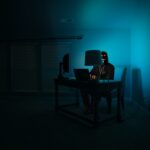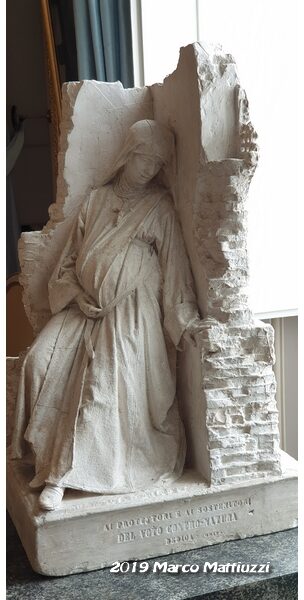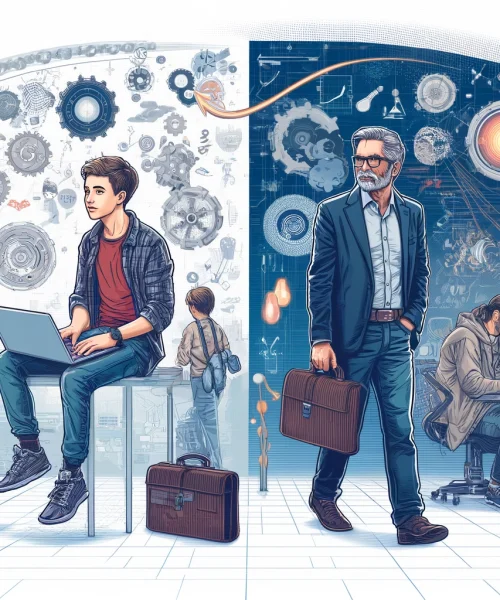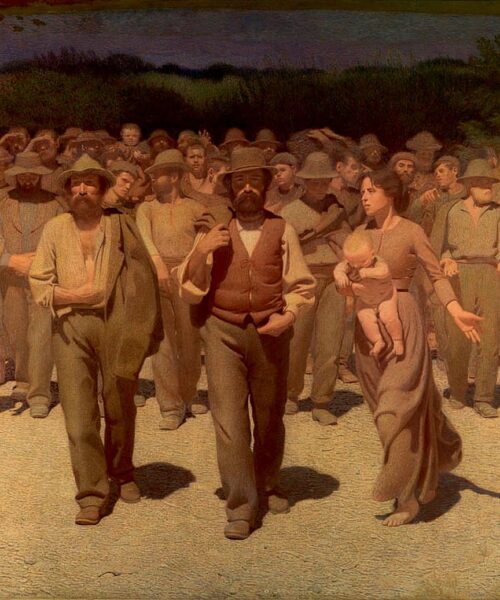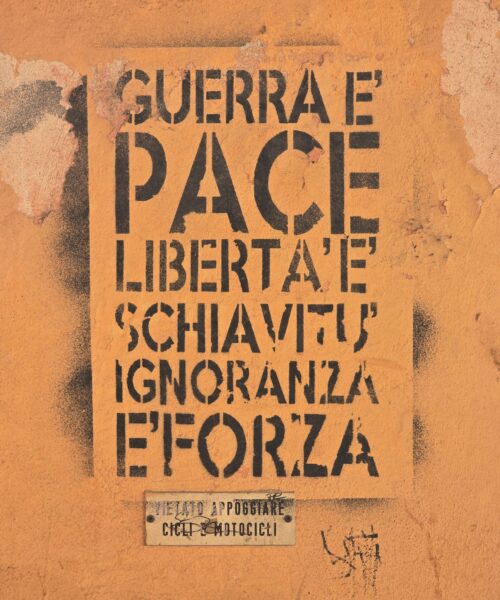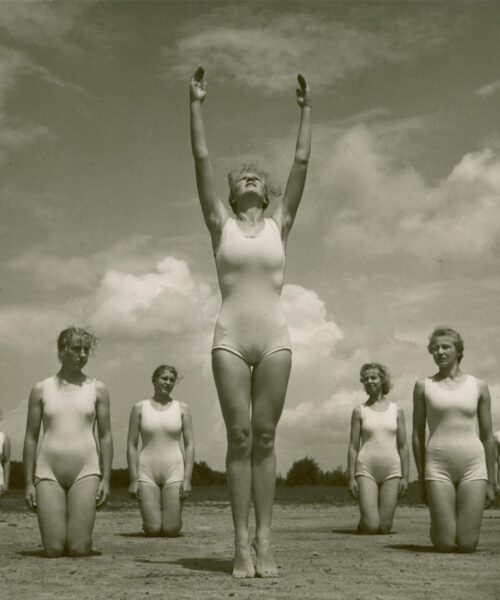In the digital age, the field of information and analysis is increasingly crowded with “observers” who claim to act as analytical lenses through which the true face of society can be seen. They present themselves as custodians of absolute truths, somewhat like the Inquisition did in the 16th century. With one fundamental difference: the Inquisition did not add “Italian” to its name to create the illusion of representing the entire Italian people. Yet, in many cases, these institutions of observation and representation do not at all represent the variety and complexity of Italian society.
Consider the “Italian Observatory on Interreligious Dialogue” or the “Italian Observatory on Marriage and Family.” These organizations, like many others, claim to represent public opinion on sensitive topics such as dialogue between different faiths or family issues. But how can these entities speak for all Italians? What authority do they claim to impose a single vision of reality on such complex issues?
Or, think about the “Italian Center for Studies on Sexuality” or the “National Observatory for the Protection of Minors.” These bodies position themselves as experts, interpreters of the population’s needs on issues as complex and personal as sexuality or child protection. But where does their right to dictate the line on such intimate and delicate matters come from?
These institutions, despite their intent to do good, risk imposing a monolithic view on topics that, in reality, require a more nuanced, inclusive, and respectful consideration of the diversity of human experiences. Interreligious dialogue, marriage, sexuality, child protection: these are all spheres of life where there is a multiplicity of viewpoints, values, and experiences that cannot be reduced to a single “truth.”
Returning to the comparison with the Inquisition, it had the power to dictate behavior in the name of a hypothetical “common good,” a good that, however, often turned out to be very far from the real needs and desires of the population. And this is exactly the risk we run with these modern institutions of observation and representation.
Indeed, institutions of observation and representation tend to simplify and generalize reality, reducing the multiplicity of voices, viewpoints, and life experiences to a single uniform “truth.” This uniformity, in turn, risks stifling diversity, creativity, and the dynamism that are the true engines of social and cultural progress.
It is not about denying the usefulness of these institutions of observation and representation. On the contrary, they can play a fundamental role in catalyzing attention on important issues, promoting public debate, and guiding policies. But it is essential that they recognize and respect the plurality and complexity of the society they claim to represent.
Furthermore, it is crucial that the public is aware that, despite their names sounding authoritative and representative, these institutions do not hold a monopoly on truth. We must continue to question, challenge, and explore different perspectives, rather than uncritically accepting the “truths” imposed from above.
Here, then, is our appeal: let us not be seduced by the allure of absolute certainty. Let us resist the illusion of a single and definitive truth. Let us recognize and value the richness and complexity of Italian society. Only in this way can we avoid falling into the trap of Inquisition 2.0.

